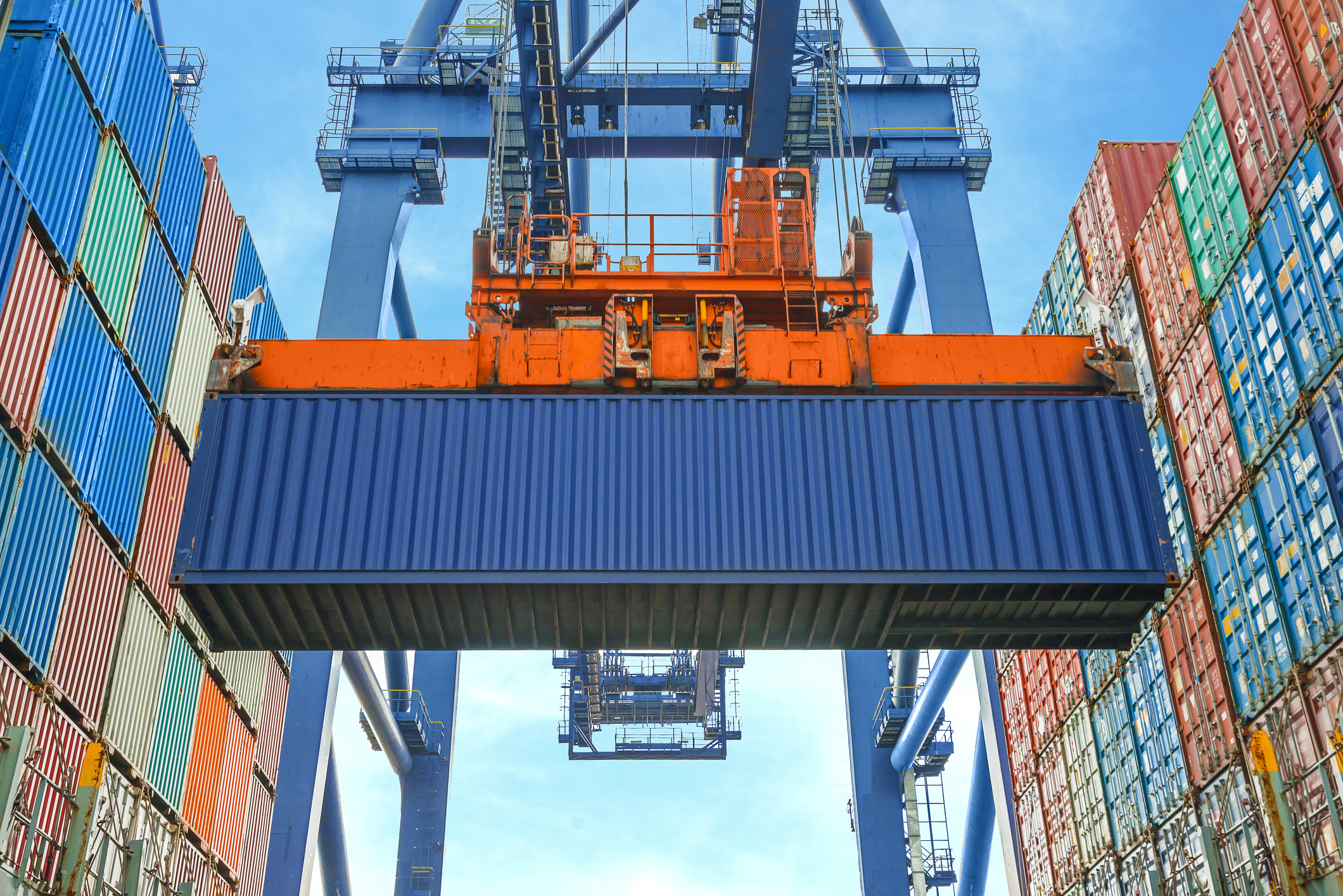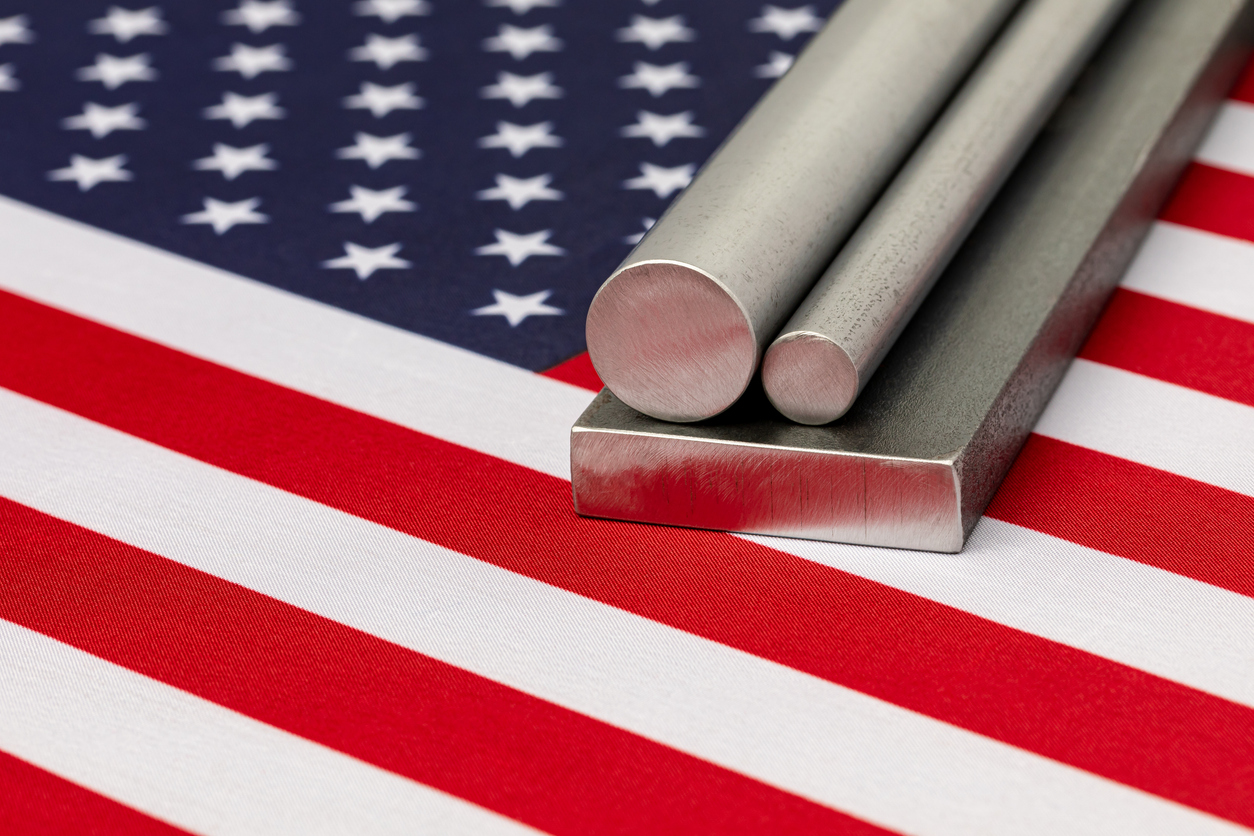The decision reinforces the pivotal role of whistleblowers in exposing customs fraud and the substantial rewards they can receive.
The U.S. Court of Appeals for the Ninth Circuit has delivered a resounding victory for customs fraud whistleblowers, upholding a $26 million jury verdict against an importer of Chinese products in a hotly contested appellate litigation. The court decision in Island Industries, Inc. v. Sigma Corp. represents significant new legal authority on critical questions related to how the False Claims Act (FCA) applies in whistleblower cases involving customs fraud, establishing a powerful new precedent that strengthens whistleblowers’ ability to both combat import-duty evasion and recover substantial rewards for doing so.
It comes as the United States grapples with an era of heightened tariffs and increased scrutiny of international trade practices. For potential customs fraud whistleblowers, it provides a roadmap for successful claims and signals the federal judiciary is willing to crack down on trade violation schemes.
The Scheme: How Sigma Corp. Allegedly Evaded $8 Million in Antidumping Duties
The fraud at the heart of the case began in 2010, when Sigma Corporation started importing welded outlets from China—specialized pipe fittings used in fire protection systems that connect sprinkler heads to pipes. These products were subject to substantial antidumping duties of 182.9% under a 1992 Commerce Department order, designed to protect American manufacturers from unfairly priced Chinese imports.
Rather than pay these significant duties, Sigma allegedly knowingly employed a sophisticated dual-deception strategy that lasted eight years. First, it systematically declared on its Form 7501 customs entry summaries that no antidumping duties were owed on its imports, despite clear evidence that the products fell within the scope of existing trade orders. Second, it allegedly misdescribed the “welded outlets” it was importing on its customs entry documents, identifying them as “steel couplings” while simultaneously marketing the identical products to customers correctly as “welded outlets.”
Meanwhile, the products were allegedly nearly identical to those covered by a 1992 Commerce Department antidumping duty order, which had explicitly determined such welded outlets were subject to antidumping duties.
The financial loss to the government was significant. Over the eight years from 2010 to 2018, Sigma fraudulently evaded approximately $8 million in antidumping duties, the jury found. Under the FCA’s treble damages provision, this amount was automatically tripled to over $24 million, with additional civil penalties bringing the total judgment to $26 million.
The Whistleblower: How a Competitor’s Vigilance Exposed the Fraud
The fraud might have continued indefinitely if not for the vigilance of Island Industries, a direct competitor of Sigma that grew suspicious when it repeatedly lost business to Sigma’s cheaper Chinese imports and decided to investigate, according to court papers.
Specifically, Island’s sales manager observed that Island was repeatedly losing business to Sigma’s cheaper Chinese imports. He searched online, quickly locating the relevant antidumping duty order, as well as a “scope ruling” interpreting it, which found nearly identical products—welded outlets—to be within its scope. He also confirmed that Sigma’s products were being described as “steel couplings” on its shipping documents, while being marketed by it to customers as “welded outlets.”
Armed with this information, Island determined that Sigma was likely misdeclaring its imports to avoid paying the required duties and filed its qui tam whistleblower lawsuit.
Island’s investigation is notable for its simplicity and effectiveness, demonstrating how competitors, even without inside information, can uncover customs fraud by leveraging publicly available information and industry knowledge.
The FCA Applies to Customs Fraud, Even Though the Tariff Act Also Provides Remedies
On appeal, the Ninth Circuit decisively rejected Sigma’s central contentions.
Sigma first argued that the FCA lawsuit should be dismissed because another federal law, the Tariff Act of 1930, already provides a remedy for customs fraud through 19 U.S.C. § 1592. It argued that this particular statute was exclusive, providing the only path for the government to recover unpaid customs duties and thereby precluding and displacing a whistleblower lawsuit under the more general FCA.
This argument, if successful, would have eliminated one of the most powerful tools available to customs fraud whistleblowers and dramatically reduced potential recovery amounts.
The Ninth Circuit flatly rejected it. The court found “no irreconcilable conflict” between the two laws and concluded that Congress intended for them to coexist as parallel enforcement mechanisms. The court noted that neither statute declares itself to be an exclusive remedy, and the FCA expressly contemplates that cases can proceed alongside “any alternate remedy available to the Government, including any administrative proceeding to determine a civil money penalty.”
The court also noted that Congress had amended the FCA in 2009 specifically to clarify that it covers customs duties, even after Section 1592 was already in place. It concluded that this legislative history demonstrates that Congress intended to have both enforcement mechanisms available to combat customs fraud.
This holding is crucial because the FCA provides for treble (three times) damages and a substantial whistleblower reward (generally 15% to 30% of the amount recovered), making it a far more powerful deterrent than the remedies available under the Tariff Act alone. This decision ensures that whistleblowers can continue to use the FCA to target customs fraud, even if the government is also pursuing a penalty action under the Tariff Act.
Antidumping Duties Constitute Actionable “Obligations” Under the FCA
Sigma also argued that the antidumping duties payable at the time it entered the goods through customs did not constitute an actionable “obligation” under the FCA because the final amount owed was not calculated until much later, after the customs “liquidation” process was complete. Sigma argued that because the amounts payable upon entry were only estimates, no “obligation” existed.
The court dismantled this argument, which numerous importers have long tried to exploit. The court pointed directly to the text of the FCA as amended by Congress in 2009, which explicitly defines an “obligation” as “an established duty, whether or not fixed.”
Critically, the court also confirmed that an importer’s liability for customs duties and tariffs accrues the moment the goods arrive at a U.S. port, even if the final calculation comes later. It stated that “an importer cannot evade duties, wait until its entries are liquidated, and then assert based on that liquidation that its actions did not deprive the government of money.”
This ruling is significant because it addresses a fundamental aspect of the customs duty system, which is “retrospective,” with importers initially paying estimated duties that may be adjusted later through administrative reviews and other procedures. The court’s decision makes clear that an “obligation” within the meaning of the FCA arises immediately upon importation, regardless.
The “Ostrich Defense” Fails: Willful Ignorance Provides No Protection
Sigma additionally argued that it could not have acted “knowingly” within the meaning of the FCA because a hypothetical “reasonable” importer supposedly might not have been aware of the antidumping order and scope ruling, and believed that no duties were owed.
The Ninth Circuit, however, relying on the Supreme Court’s 2023 decision in United States ex rel. Schutte v. SuperValu, rejected this “ostrich defense.” SuperValu had clarified that the FCA’s scienter (wrongful intent or state of knowledge) requirement focuses on the defendant’s actual knowledge and subjective beliefs, not what a hypothetical “reasonable” importer might have known. This meant that even if some “reasonable” importer could have been confused about whether duties applied, Sigma could still be liable if the evidence showed it acted with deliberate ignorance or reckless disregard.
The court affirmed the jury’s finding that Sigma had made no effort to determine whether duties applied, failed to review Commerce Department orders or ITC reports, and had no internal compliance measures, despite importing products in a category well-known for frequent duty orders. It noted that Sigma’s vice president overseeing import operations testified that the company had never seen the relevant antidumping order or scope ruling until 2017 or 2018, despite both being publicly available since 1992.
The court found this “deliberate ignorance” or “reckless disregard” more than sufficient to establish FCA liability.
The court also emphasized how easy it would have been for Sigma to discover its duty obligations, noting that Island’s sales manager—lacking any specialized trade law experience—was able to quickly find the relevant orders and rulings, a stark contrast to Sigma’s failure to make even basic inquiries.
Understanding Antidumping Duties and Their Enforcement
Antidumping duties represent one of the United States’ primary tools for protecting domestic industries from unfair foreign competition. When foreign companies export products to the United States at prices below their fair market value in their home country—a practice known as “dumping”—the Commerce Department can impose special duties to level the playing field for American manufacturers.
The antidumping order at issue in the Sigma case was part of a family of orders issued between 1986 and 1992 covering carbon steel butt-weld pipe fittings from Brazil, China, Japan, Taiwan, and Thailand. These orders were designed to protect American pipe fitting manufacturers from unfairly priced imports that threatened domestic jobs and industrial capacity.
The 182.9% percent antidumping duty rate applicable to Sigma’s imports reflected the Commerce Department’s determination of the extent to which Chinese welded outlets were being sold below fair value. Such high duty rates are not uncommon in antidumping cases and can make the difference between profitable and unprofitable import operations.
Importers may employ various tactics to attempt to evade antidumping or other duties, including country-of-origin manipulation, transshipment schemes, undervaluation, or simply by omitting to declare that duties are owed. Each of these tactics can result in FCA liability.
The False Claims Act: A Powerful Tool for Customs Fraud Whistleblowers
The FCA, originally enacted during the Civil War to combat fraud by military contractors, has evolved into one of the federal government’s most effective tools for recovering money lost to fraud. The statute’s qui tam provisions allow private individuals—known as relators or whistleblowers—to file lawsuits on behalf of the United States and receive a substantial portion of any recovery.
Under the FCA’s “reverse false claims” provision, individuals and companies can be liable for knowingly concealing or improperly avoiding obligations to pay money to the government. This provision is particularly well-suited to customs fraud cases, where importers have clear legal obligations to pay duties and fees that they may attempt to evade through false statements or omissions.
The financial incentives for customs fraud whistleblowers are substantial. When the government intervenes in a qui tam case, whistleblowers typically receive between 15% and 25% of the recovery. When the government declines to intervene and the whistleblower proceeds independently, the reward can increase to between 25% and 30%. Importantly, there is no cap on these rewards in FCA cases, unlike some other whistleblower programs.
The treble damages provision of the FCA makes these cases particularly lucrative for both the government and whistleblowers. In the Sigma case, the $8 million in evaded duties automatically became a $24 million judgment before additional civil penalties were added. This means Island, as the whistleblower, could potentially receive between $3.6 million and $7.8 million, depending on the exact percentage awarded.
Beyond financial rewards, the FCA provides strong anti-retaliation protections for whistleblowers. Employees who are fired, demoted, harassed, or otherwise retaliated against for reporting fraud can seek reinstatement, double back pay, and other remedies. These protections are crucial for encouraging employees to come forward with information about customs fraud.
Red Flags: Recognizing Customs Fraud in the Workplace
The Sigma case highlights several common red flags that potential customs fraud whistleblowers under the FCA should be aware of. Product misdescriptions, such as Sigma’s practice of labeling welded outlets as “steel couplings” on customs forms, can be a sign that fraud is afoot. Employees who notice discrepancies between how products are described internally versus on customs documentation should be alert to potential customs fraud.
Undervaluation schemes represent another major category of customs fraud. Importers may conspire with foreign suppliers to create false commercial invoices that show artificially low prices, or they may knowingly omit certain costs—such as “assists” or licensing fees—that should be part of the dutiable value. Employees who notice unusual pricing arrangements, side payments, or instructions to exclude certain costs from customs valuations may be witnessing fraud.
Country of origin fraud and transshipment schemes involve routing products through intermediate countries as a pretext for misdeclaring their origin, thereby evading applicable duties or improperly taking advantage of preferential trade programs. Employees who notice unusual shipping routes, false country of origin markings, or instructions to alter product origins should consider whether fraud may be occurring.
Customs fraud typically involves the use of fraudulent documentation. This can include false commercial invoices, altered packing lists, fraudulent certificates of origin, or misleading product descriptions. Employees who are asked to create or file false documents, or who notice systematic discrepancies in customs paperwork, may be witnessing FCA violations.
The Broader Implications: A New Era of Customs Fraud Enforcement
The Ninth Circuit’s decision comes at a time of heightened focus on trade enforcement and customs fraud prevention. With the United States collecting over $80 billion in customs duties annually and the government promising aggressive enforcement of trade laws, the stakes for customs compliance have never been higher.
The $26 million judgment in the Sigma case represents one of the most significant FCA recoveries in a customs fraud case. It demonstrates the substantial financial potential of customs fraud whistleblower cases and should encourage more individuals with knowledge of customs fraud to come forward as whistleblowers.
Practical Advice for Potential Customs Fraud Whistleblowers
Individuals who suspect customs fraud in their workplaces should consult with an experienced FCA attorney with a background in trade cases, such as Mark A. Strauss, before taking any action. Customs fraud FCA cases involve complex legal and technical issues that require specialized expertise. Navigating these complexities, protecting yourself from potential retaliation, and presenting a compelling case to the government requires the guidance of an experienced whistleblower attorney who can assess your claim, help gather the necessary evidence, draft a persuasive complaint and disclosure statement, and advocate on your behalf.
Contact us today for a free, confidential consultation to discuss your potential whistleblower claim. At Mark A. Strauss Law, we have extensive experience representing whistleblowers in customs fraud cases. We understand international trade, customs regulations, and whistleblower protections, and we can guide you through every step of the process.
All communications are protected by attorney-client privilege. Having the right attorney can significantly impact a whistleblower’s chances of success.
Remember: Fraud is Their Game. Integrity is Yours.



